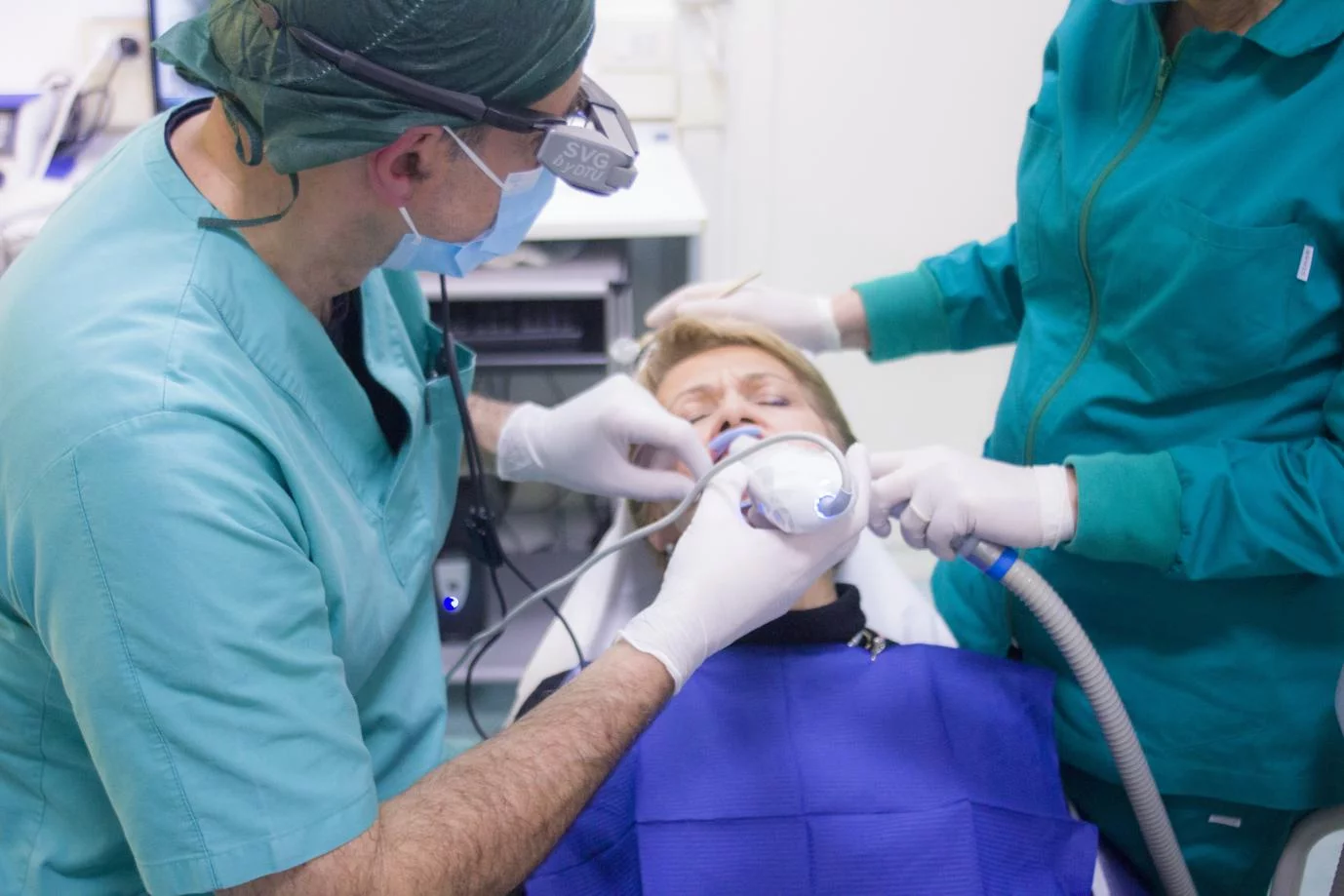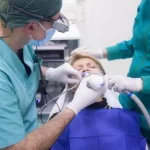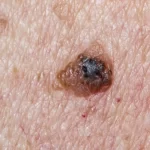There are several types of acne scars. Some are raised, while others are indented. These scars are caused by previous acne spots. They are often the same size as the acne that caused them, while others may be larger. Both types are usually located on the face, and some of them are more common on the shoulders or chest. Regardless of type, scarring from acne can be a very frustrating experience. Fortunately, you can find a treatment for them that will reduce the appearance of the scars.
Acne scars are caused by damage to the deep dermal layers of skin. This inflammation disrupts the collagen scaffolding, causing the scarring to form. Scar revision requires regenerating this old collagen. Unfortunately, superficial peels and MICRODERMABRASION treatments do not penetrate deep enough to offer lasting results.
Surgical treatment is an option for many types of acne scars. These scars are very difficult to treat and often require multiple sessions. A surgical treatment is the most effective option if you have a deep scar or a scar that is projecting out of your skin. During this procedure, a surgeon will cut out the scar and then suture the edges of your skin back together. The resulting scar will be much smaller than the original acne scar.
Some of the more common types of acne scars can be quite difficult to get rid of. For example, if you have a keloid scar, this will be raised, and may have a steep border. This type is the hardest to cover, and it will not blend in with your skin tone or color.
The severity of the inflammation in your skin will determine the type of scarring you’ll develop. If the inflammation goes deeper into the skin, the chances of scarring increase. So, treating acne as early as possible will help reduce the risk of scarring. Moreover, avoiding picking and popping pimples will reduce the appearance of scars. This will damage your skin and may lead to infection.
There are several different types of acne scars, and each type responds to different types of treatment. Depending on the type of acne scar, your doctor will recommend a treatment that will minimize the appearance of the scars. However, it is important to understand your acne scar type before you get started. An experienced facial cosmetic surgeon will be able to recommend a treatment that is specific to your skin type and condition.
Topical treatments such as retinoid gels can also improve the appearance of scars. These treatments can help to thin out the fibrous tissue and stimulate the production of new skin. The cost of these treatments is usually minimal. Some treatments require multiple sessions over several weeks. Other options include laser treatments such as Fraxel.
One type of acne scar is called inflammatory. This type of acne is caused by bacteria called Propionibacterium acnes. The inflammation occurs in the skin as part of the body’s defense against the bacteria. In more severe cases, inflammation can result in nodules and cysts.







 The Essential Guide to Digestive Enzymes Australia: Boost Your Gut Health
The Essential Guide to Digestive Enzymes Australia: Boost Your Gut Health  Latest Breakthroughs in Acne Treatment
Latest Breakthroughs in Acne Treatment  The Rise of Virtual Fitness Classes
The Rise of Virtual Fitness Classes  Fun and Creative Ways to Stay Active Indoors
Fun and Creative Ways to Stay Active Indoors  Linking Oral Health to Overall Wellbeing
Linking Oral Health to Overall Wellbeing  Can You Exercise While Pregnant?
Can You Exercise While Pregnant?  Is Skin Cancer Curable?
Is Skin Cancer Curable?  How Much Is Dental Bonding?
How Much Is Dental Bonding?  The Rise of Telemedicine and Its Impact on Healthcare
The Rise of Telemedicine and Its Impact on Healthcare 